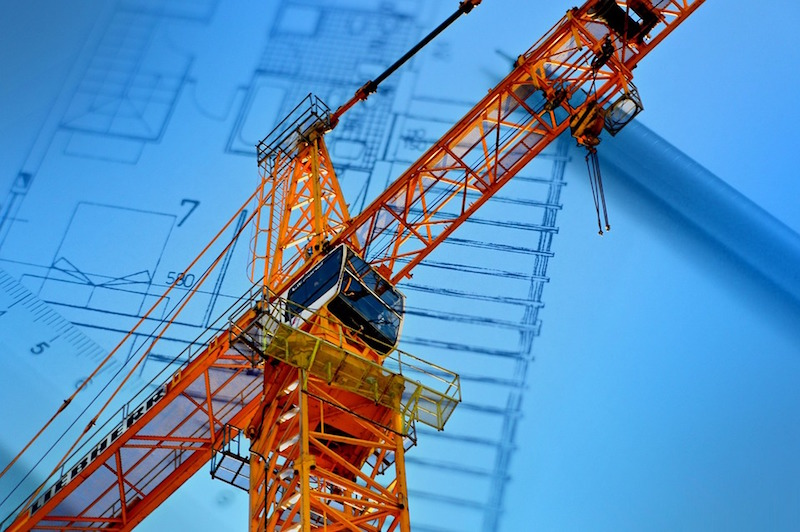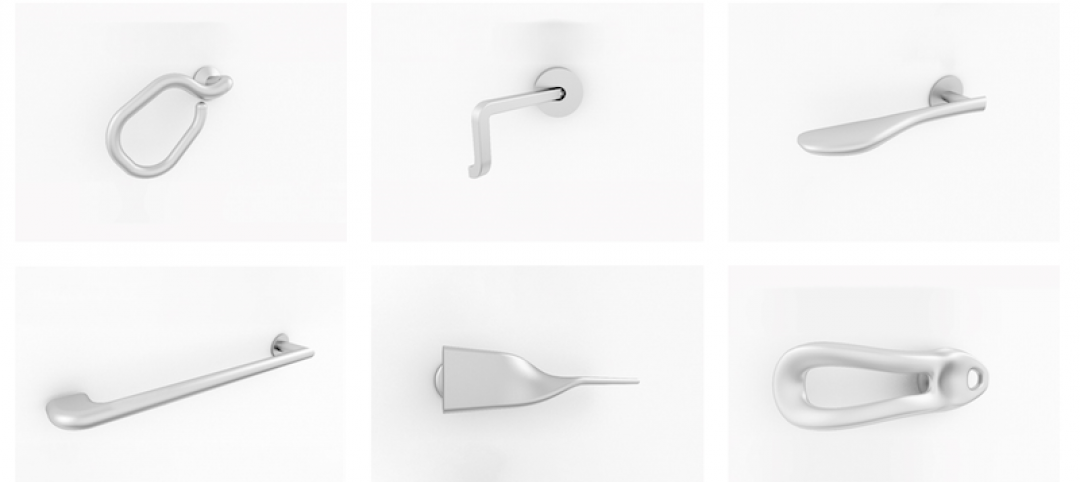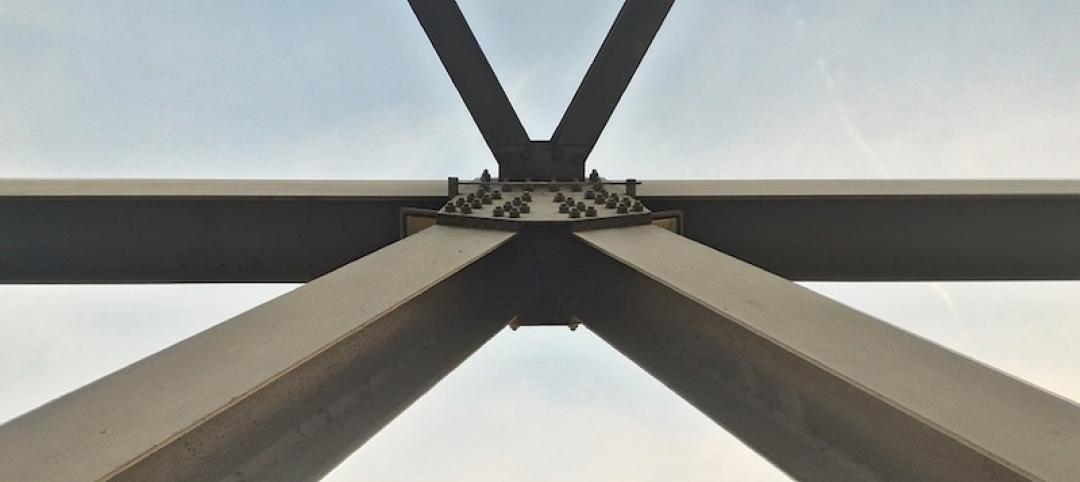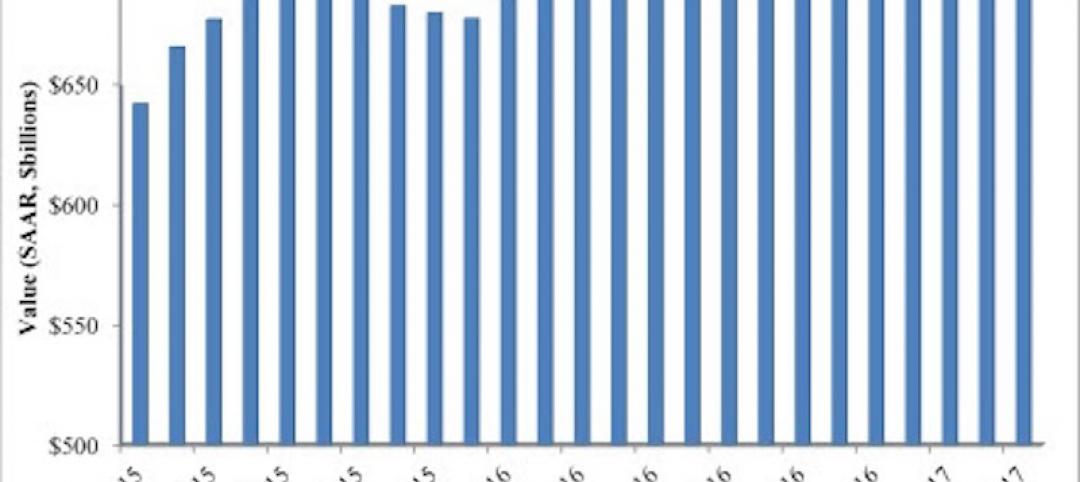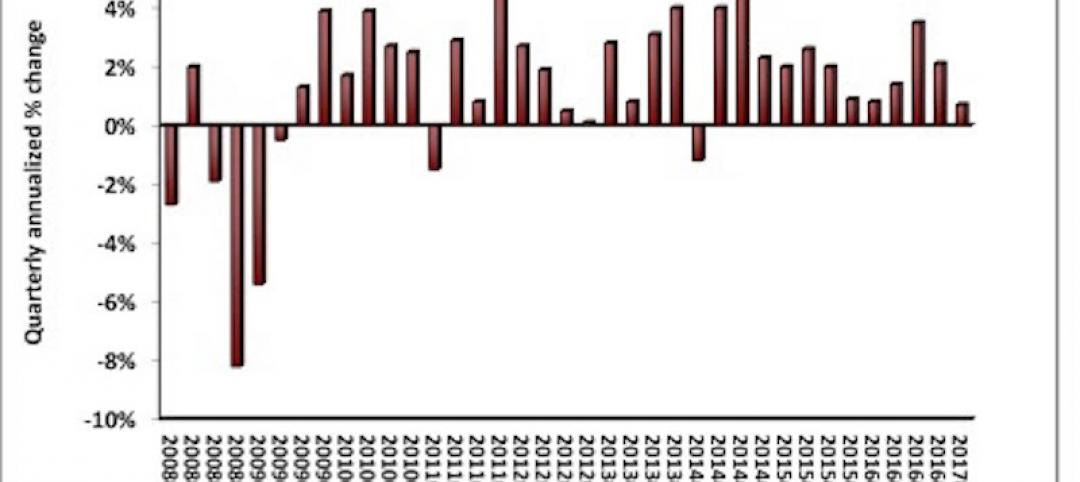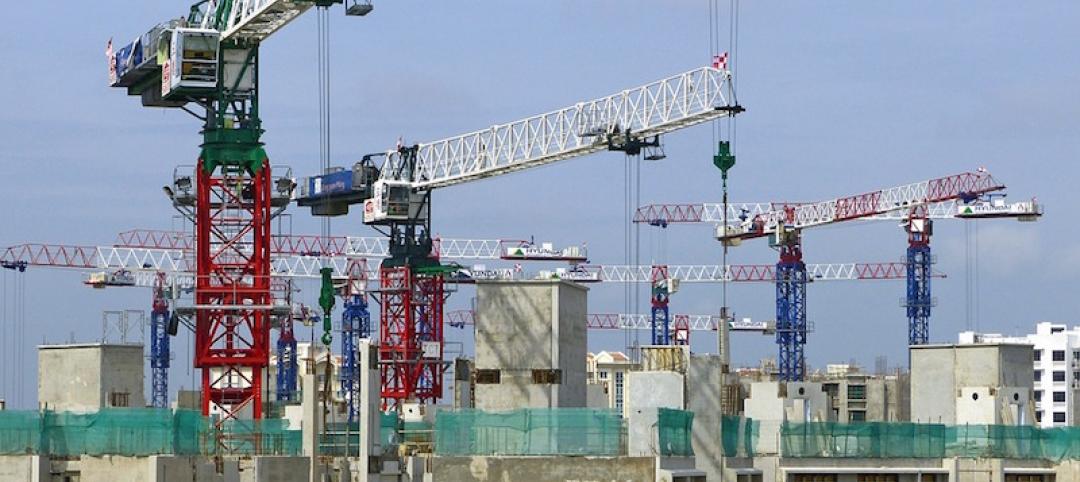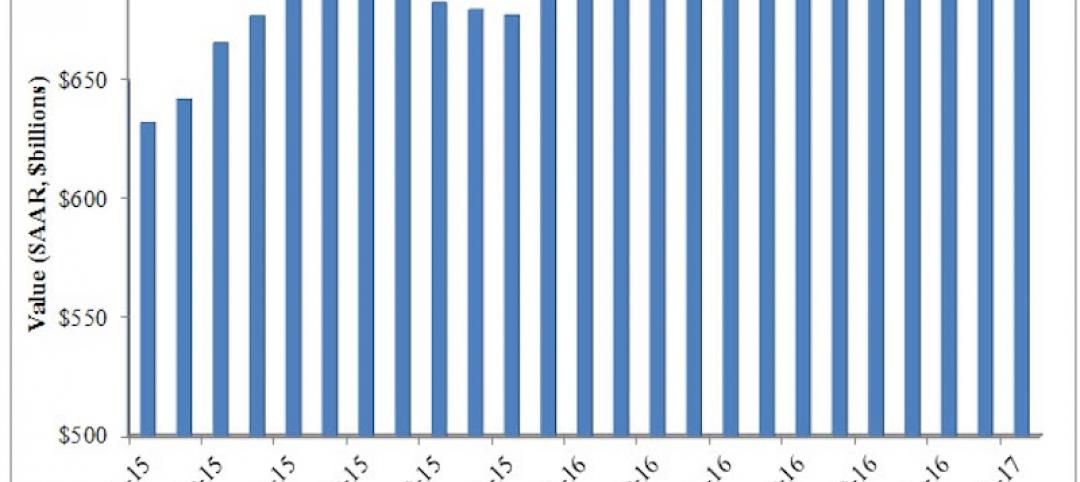Associated Builders and Contractors (ABC) Chief Economist Anirban Basu predicts stability for the construction industry’s economy and expanding nonresidential construction spending in 2018. While construction project backlog and contractor confidence remain high heading into the new year, Basu warns there are risks to the 2018 outlook as a number of potential cost increases could come into play.
“With wage pressures building, healthcare costs surging and fuel prices edging higher, inflation is becoming more apparent,” Basu said. “That could translate into some meaningful interest rate increases in 2018, which all things being equal is not good for construction spending. The stock market’s performance has been simply brilliant. But what goes up can go down.”
Basu added that asset prices might head in a different direction in 2018, including commercial real estate prices. Segments like hotels, office buildings and apartments have helped to fuel construction spending in recent years. If the value of properties begins to stagnate or worse, construction spending momentum will eventually wind down. The impact of this may not be felt in 2018, however, but in out years, Basu said.
“For now, there is plentiful momentum,” said Basu. “A recent reading of the Conference Board’s Index of Leading Economic Indicators suggests that the U.S. economy will enter 2018 with substantial momentum. Corporate earnings remain healthy. Global growth is accelerating. Consumers are upbeat. Tax cuts could fuel faster business spending. All of this suggests that the construction recovery that began in earnest in 2011 may have a few more birthdays ahead.”
Read Basu’s full 2018 construction economic forecast in Construction Executive magazine. You can also listen to Basu talk about his forecast in a recent webinar.
Visit ABC Construction Economics for the Construction Backlog Indicator, Construction Confidence Index and state unemployment reports, plus analysis of spending, employment, GDP and the Producer Price Index.
Related Stories
Senior Living Design | May 9, 2017
Designing for a future of limited mobility
There is an accessibility challenge facing the U.S. An estimated 1 in 5 people will be aged 65 or older by 2040.
Industry Research | May 4, 2017
How your AEC firm can go from the shortlist to winning new business
Here are four key lessons to help you close more business.
Engineers | May 3, 2017
At first buoyed by Trump election, U.S. engineers now less optimistic about markets, new survey shows
The first quarter 2017 (Q1/17) of ACEC’s Engineering Business Index (EBI) dipped slightly (0.5 points) to 66.0.
Market Data | May 2, 2017
Nonresidential Spending loses steam after strong start to year
Spending in the segment totaled $708.6 billion on a seasonally adjusted, annualized basis.
Market Data | May 1, 2017
Nonresidential Fixed Investment surges despite sluggish economic in first quarter
Real gross domestic product (GDP) expanded 0.7 percent on a seasonally adjusted annualized rate during the first three months of the year.
Industry Research | Apr 28, 2017
A/E Industry lacks planning, but still spending large on hiring
The average 200-person A/E Firm is spending $200,000 on hiring, and not budgeting at all.
Market Data | Apr 19, 2017
Architecture Billings Index continues to strengthen
Balanced growth results in billings gains in all regions.
Market Data | Apr 13, 2017
2016’s top 10 states for commercial development
Three new states creep into the top 10 while first and second place remain unchanged.
Market Data | Apr 6, 2017
Architecture marketing: 5 tools to measure success
We’ve identified five architecture marketing tools that will help your firm evaluate if it’s on the track to more leads, higher growth, and broader brand visibility.
Market Data | Apr 3, 2017
Public nonresidential construction spending rebounds; overall spending unchanged in February
The segment totaled $701.9 billion on a seasonally adjusted annualized rate for the month, marking the seventh consecutive month in which nonresidential spending sat above the $700 billion threshold.


